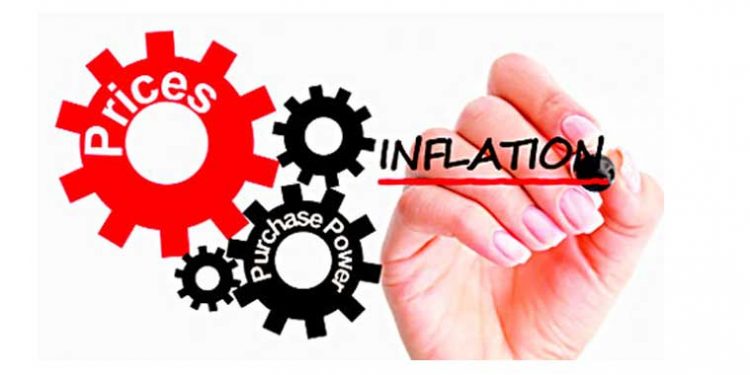New Delhi: India’s retail inflation rate eased in July, strengthening views that the Reserve Bank of India (RBI) will keep interest rates on hold at its review in October after raising them for a second straight meeting August 1.
In July, consumer prices rose 4.17 per cent from a year earlier, compared with a downwardly revised 4.92 per cent in June, the Statistics Ministry said Monday.
The median forecast of economists polled by Reuters for July was 4.51 per cent, with estimates ranging from 3.75 per cent to 5.40 per cent.
Rupa Rege Nitsure, chief economist at L&T Finance Holdings, said retail inflation significantly slowed due to smaller increases in food prices and housing.
“I expect the RBI (Reserve Bank of India) to take a pause until December at least. However, rupee depreciation remains a major risk to inflation besides the sticky core inflation,” she said.
July was the ninth straight month in which inflation was higher than the RBI’s medium-term target of 4 per cent.
The RBI has raised its benchmark rate by a total of 50 basis points at its past two meetings, to 6.5 per cent, while warning about inflationary pressures. The RBI’s next policy decision is on October 5. The falling rupee , which has so far lost over 8 per cent this year, has pushed up prices of imported items such as petroleum products, commodities, electronics and engineering equipment.
On Monday, the rupee touched an all-time low of 69.95 against the dollar on concerns about contagion from Turkey spilling over to other emerging markets.
The International Monetary Fund, in its annual report on India last week, warned that average inflation is likely to rise to 5.2 per cent in the 2018/19 fiscal year from a 17-year low of 3.6 per cent in the previous fiscal year.
The IMF expects the central bank to gradually tighten monetary policy to tame inflation.
Inflation pressures in the world’s sixth largest economy are expected to build up amid rising international crude oil prices – putting pressure on companies to raise prices.
Retail gasoline prices have climbed 10.4 per cent this year and diesel prices by 15.2 per cent- hurting corporate profit margins.
In the last year, the cost of compressed natural gas (CNG) for automobiles and taxis in the capital Delhi has gone up 34.7 per cent. Airline ticket prices are also climbing due to a 45 per cent rise in fuel costs.
A Curious Appointment
Former Enforcement Directorate (ED) chief Sanjay Kumar Mishra has been appointed a full-time member of the Economic Advisory Council to...
Read more





































